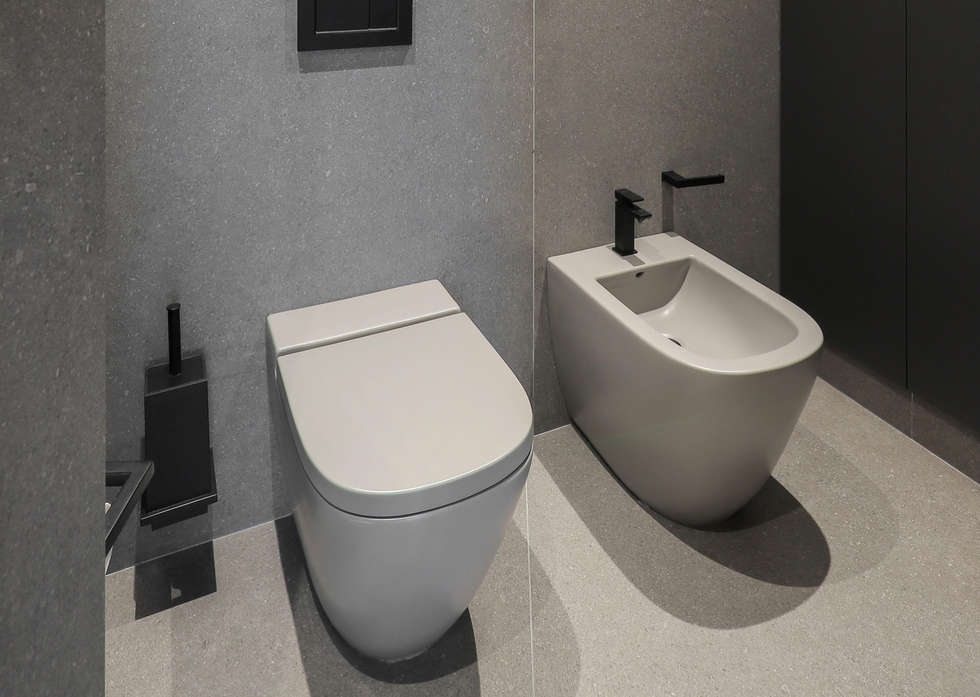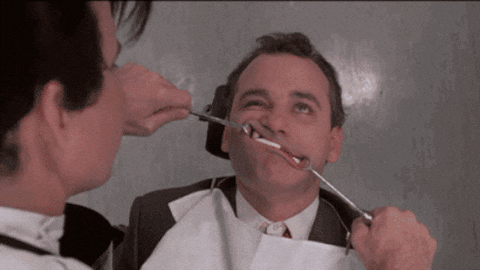In recent years, a number of tragedies have torn countries apart and devastated citizens: civil unrest, health epidemics, terrorism, natural disasters, and more. In times of crisis, infrastructure crumbles, and providing basic sanitation and healthcare present a challenge. How do you deliver a functional, sustainable solution to a region without, say, running water and electricity, let alone doctors and supplies? You shrink it all down.
The idea for a micro-hospital came to Rolof Mulder in 2010 as he was installing a medical unit near a hospital in West Africa. The hospital was expensive, state-of-the-art, and in the middle of nowhere. Just a few months after construction, it was dangerously close to shuttering.
“I thought, ‘Why not build an entire hospital out of shipping containers?’” Mulder explains via Skype from his central Netherlands office.
The 56-year-old Dutch entrepreneur and former nurse set to work designing the first Hospitainer, a mobile medical facility packed into five 20-foot shipping containers—complete with all of the tools, water, and power needed to operate. Outfitted with a surgical table, instruments, medications, and even a postoperative care area, the inaugural Hospitainer was ready to host the kind of lifesaving surgeries to which up to 3 billion people worldwide lack access.
Almost immediately after the prototype’s completion, Haiti was leveled by a catastrophic earthquake that claimed upwards of 100,000 lives. “Médecins Sans Frontières (Doctors Without Borders) called me and asked if the hospital was still available,” he says. “I packed it up in two days, and it went on a ship.” After two days of assembly, doctors were able to use the Hospitainer to perform 2,000 surgeries over a 10-month period.
In disaster-stricken and impoverished areas, this kind of rapid response is especially necessary—the ongoing Syrian civil war and refugee emergency present a quintes- sential example. According to Mulder, 80 percent of mortality due to trauma, disease, and complications at birth can be treated with the services offered by Hospitainer’s cost-effective micro-facilities.
In the last five years, Hospitainer mobile units have hosted 8,000 surgeries and treated more than 50,000 individuals across four continents, though Mulder is cautious not to reveal where, as the services they provide can make them targets. The company has also built floating apparatuses, called Hospivessels, which can be deployed in flooded areas. In 2015, a Hospivessel sent to rescue refugees crossing the Mediterranean assisted 2,200 people in a single month.
Mulder is quick to note that without a sound business model, the work would not be possible. “If you put helping people as number one but you don’t have a healthy business model, either growth stops or you’ll fail.” But, he adds, “If you focus only on profit, it’s not fulfilling.”
The company has grown rapidly since 2010, allowing Mulder to branch out to more charitable endeavors. The Hospitainer Foundation will allow Mulder and his business partners to focus on different challenges, specifically emergency obstetric care and medical concerns surrounding sexual violence toward women. Mulder acknowledges that it’s hard work, but says it’s well worth the effort. “When you see thousands of surgeries, tens of thousands of people treated, lives saved, people restored into dignity...that’s very rewarding.”
















 Raccoons know how to get around.
Raccoons know how to get around. The dexterity of raccoon hands enables their humanlike escapades.
The dexterity of raccoon hands enables their humanlike escapades. The dexterity of raccoon hands enables their humanlike escapades.
The dexterity of raccoon hands enables their humanlike escapades.
 A car with LED headlightsCanva
A car with LED headlightsCanva




 A collection of toilet paper rollsCanva
A collection of toilet paper rollsCanva A bidet next to a toiletCanva
A bidet next to a toiletCanva A cute pig looks at the cameraCanva
A cute pig looks at the cameraCanva A gif of Bill Murray at the dentist via
A gif of Bill Murray at the dentist via  A woman scrolls on her phoneCanva
A woman scrolls on her phoneCanva
 A confident woman gives a speech in front of a large crowdCanva
A confident woman gives a speech in front of a large crowdCanva